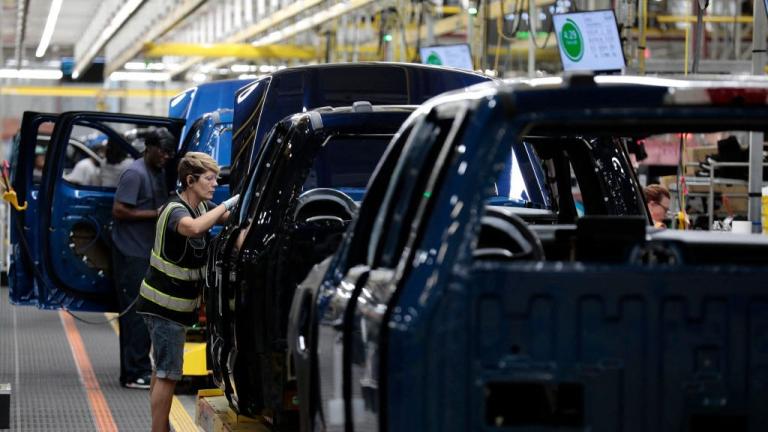Some harsh words just in from Sen. Bernie Sanders (I-Vt.):
The Lieberman-Warner global warming bill is a major step forward in moving Congress toward addressing the crisis of global warming. I applaud both senators for their hard work and look forward to continue working with them as we make this bill stronger …
As I indicated at the hearing on the bill last week, I have serious concerns about a number of provisions in the bill. These include the level of greenhouse gas emission reductions by 2020, the time in which the legislation transits to 100 percent auction or public benefit, and the need for enforceable ‘look back’ provisions that would result in the carbon caps becoming even tighter if the latest science tells us we are not achieving the necessary goals.
There is another major concern that I have which has, to this point, received very little attention. And that is exactly who benefits from the trillions of dollars that this bill distributes through the auction and the allocation process.
According to a preliminary analysis by Friends of the Earth [PDF], a major environmental organization, over the 38 year period covered by the bill the coal industry would receive a carve-out of more than $324 billion for efforts associated with “advanced coal and sequestration.” This is an extraordinary sum of money to an industry given the reality that there is currently not one advanced coal plant in operation that is sequestering all or most of its carbon emissions, and there are serious questions about the long-term environmental and cost-effectiveness of that technology.
On the other hand, while $324 billion of the auction proceeds is being handed to the coal industry, there are no funds specifically carved out in the bill for the development of solar, wind, geothermal or other sustainable energies. In fact, our reading of the bill indicates that there is no mention of solar, wind or geothermal. This is a rather extraordinary omission, given that wind is the fastest growing source of new energy in the world, and that California, Germany and many other entities are making huge progress in solar energy.
In addition, over the 38 year period, this bill provides over $232 billion for the automobile industry for efforts in “advanced technology” and making automobiles more energy efficient. The requirements on the industry for this funding appear extremely weak. The American people might well be asking why an industry that has vigorously and successfully fought an increase in CAFE standards and produces cars in this country which have, from an international perspective, very low mileage per gallon should be rewarded with such a huge bonanza.
I called Sanders’ office to see what decisions — if any — the senator has made about his willingness to give the high sign to the bill in its early stages, but his spokesperson had no new information. Sanders’ official position remains that he will attempt to strengthen the bill along the way. I’ll have more from his staff about what precisely that means later today or tomorrow.


